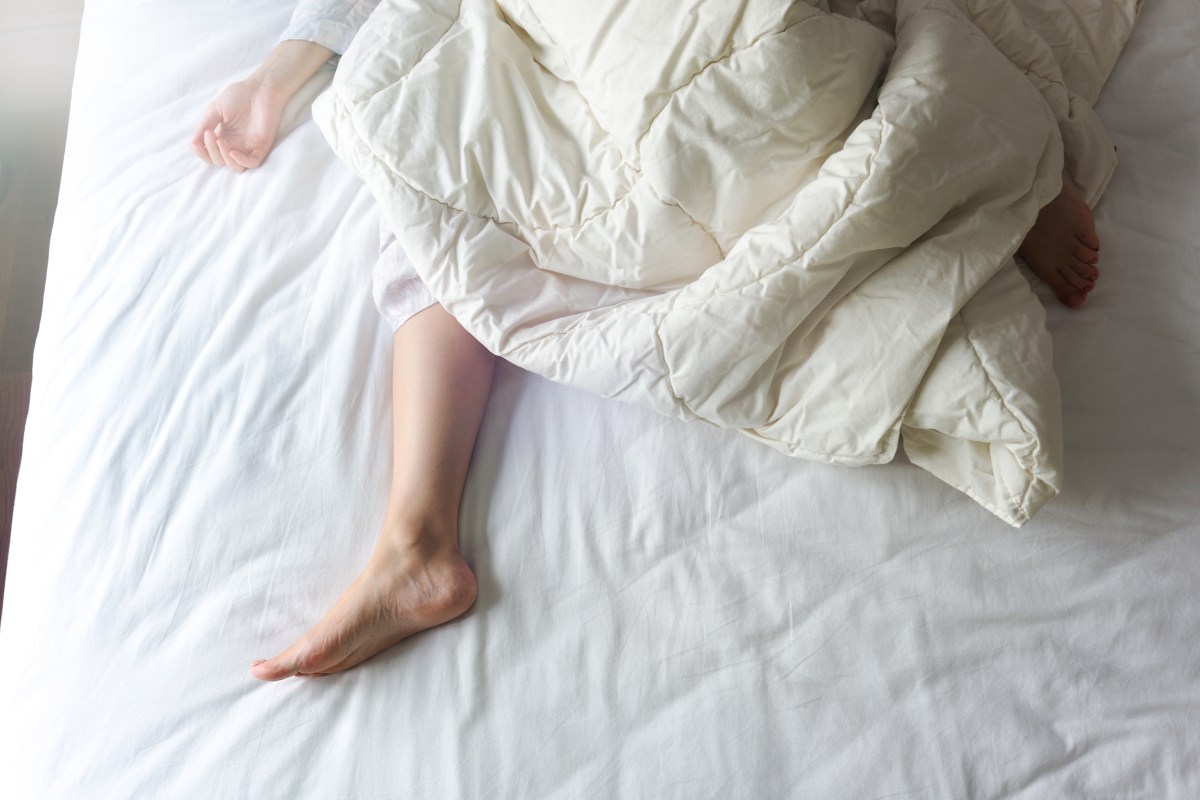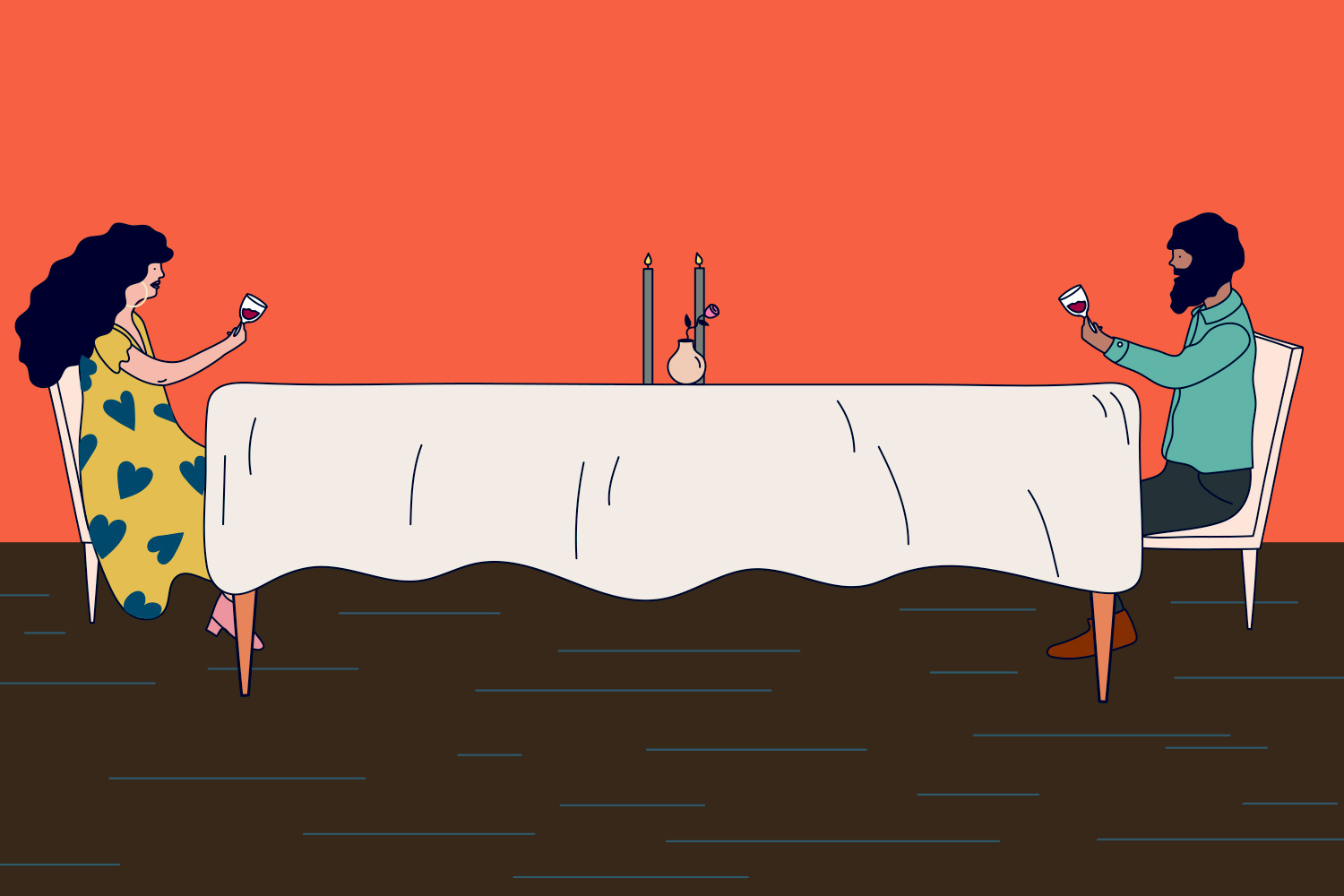Sharing a bed with a partner isn’t always the picture of romantic bliss we imagine it to be, and some couples are realizing that more than ever during the pandemic. CNN reports sleep problems are on the rise among cohabiting couples as the pandemic drags on, and those issues may be leading to bigger problems in the relationship.
“Sleep amongst couples is completely interdependent,” Wendy Troxel, a senior behavioral and social scientist at the nonprofit RAND Corporation in Santa Monica, California, told the outlet. “When you share a bed with another human being, your sleep is affected and it affects the other person who shares the bed with you.”
That’s true even under normal circumstances, but during a pandemic, those effects can be increasingly negative. The enormous stress of the past several months has disrupted sleep for many people, and if they share a bed with a partner, that means their partner’s sleep is likely being disrupted as well. For others, changes in daily schedules and routines amid the pandemic may have shifted sleeping habits, potentially throwing off a previously synchronized sleeping arrangement with a partner who is suddenly more of a night owl now that they’re no longer getting up early to commute to the office. Either way, poor sleep is not a great recipe for a good relationship, and couples experiencing sleep problems may soon have another set of problems to deal with.
But while poor sleep can certainly cause relationship issues, it might also be a symptom of a relationship already in distress. The pandemic has strained many relationships in numerous ways, and some may see those fractures reflected in a bad night’s sleep. Some partners may have moved in together too quickly to avoid being separated during the pandemic, while other couples who have lived together peacefully for years may have found that spending all day every day together is just too much. For those couples suddenly spending unprecedented amounts of time in each other’s company with little to no alone time, sharing a bed might feel suffocating.
“There is a hyper-focus on the other person, and not enough distance between people to feel their independent existence,” clinical psychologist Orna Guralnik told CNN. “You put that in the context of sleeping together all night — it becomes too much, too symbiotic for people.”
For some couples, this has made the idea of separate bedrooms a more attractive option. As relationship expert Susan Winter told InsideHook back in July, separate sleeping arrangements for couples were already becoming less stigmatized in recent years, and the pandemic has only exacerbated the trend.
“The coronavirus pandemic has forced many couples into small quarters with little to no privacy,” said Winter. “We live in stressful times with continual information overload. Having your own retreat space means you can reboot. Night time is when we unwind, collect our thoughts, and chill. This is an act of self-care that benefits both parties in the relationship.”
It may seem counterintuitive, but sleeping separately might actually be the thing that saves your relationship from becoming yet another victim of COVID-19.
Whether you’re looking to get into shape, or just get out of a funk, The Charge has got you covered. Sign up for our new wellness newsletter today.

















